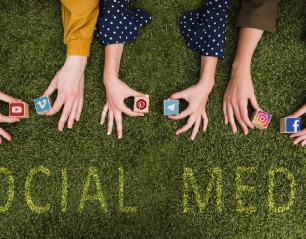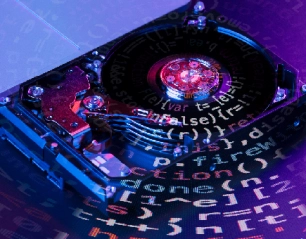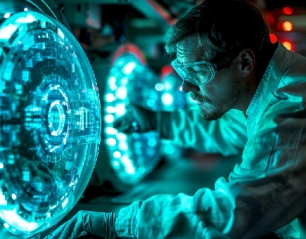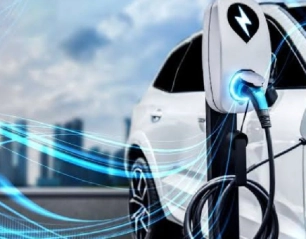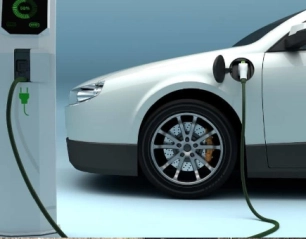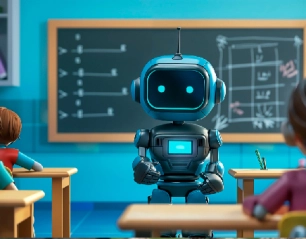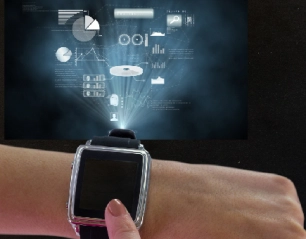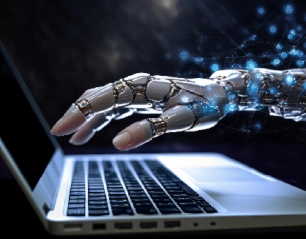Biotechnology; which is the application of technology to living organisms, has changed medicine, agriculture, and environmental science. By exploiting biology, scientists and engineers are confronted with new strategies for some of the world's most serious problems. This article looks at various crucial biotech breakthroughs, their uses, and the potential ethical and societal implications of engineering life with technology.
The Emergence of Biotechnology
Biotechnology is not a new discipline as it has been in practice since ancient civilizations like fermentation to make bread and wine up to modern biotechnologies. The area has seen exponential growth following advances in molecular biology, genomics, and bioinformatics. These tools have allowed scientists to manipulate DNA, create synthetic organisms, and produce novel treatments and products.
Key Biotech Breakthroughs
The following are the keys mentioned:
CRISPR-Cas9: Precision Gene Editing
This technology, CRISPR-Cas9, is a ground-breaking way of editing genes and has changed genetic research and therapy. Scientists can modify DNA with high precision through this system that corrects genetic disorders, deepens gene role understanding, and develops GMOs. CRISPR’s efficiency and flexibility have made it a solution for fixing genetic diseases and improving crop resistance to harsh conditions among others such as HIV/AIDS.
Synthetic Biology: Designing Life from Scratch
Synthetic biology aims to design new biological parts devices, and systems. The objective of this discipline is to create organisms that can carry out completely new functions e.g., bacteria capable of producing biofuels or yeast synthesizing pharmaceuticals. Synthetic biology combines engineering principles with those of biology to provide sustainable solutions for global challenges. For example, researchers are using genetically modified microbes that can break down plastics or produce energized fuels.
Personalized Medicine: Closely Fitting Roles to Individuals
Personalized medicine is the design of treatment options by using genetic information to address an individual patient’s needs. Advances in genome and bioinformatics science nowadays allow us to sequence a person’s genome and identify genetic variations that are responsible for the disease risk and individual response to drugs or therapy. Personalized medicine’s top priority is to lessen the level of risk with varied responses and enhance therapy effectiveness by dealing with each patient’s distinctive genome. This novel strategy seeds a new approach in the battle against cancers, heart diseases, and other chronic disorders.
Immunotherapy: Immune System Exploitation
Immunotherapy therapy is widely recognized as an extremely useful tool in fighting against cancer as well as other different diseases. The immune system is involved and with it, the amount of durable time increases and the number of cancer cells decreases. The no less important discovery in this area is the construction of CAR-T cell therapy that tunes the engine of the patient’s T cells to achieve the aim of destroying the cancer cells. Cancer immunotherapy is increasingly revealing promising results with tumor types that were thought to be uncontrollable earlier. This makes a fundamental difference to the lives of these patients who had no treatment options for their illnesses.
Bioprinting: Creating Tissues and Organs
Bioprinting is the advanced form of 3D printing that gives cells that can grow into tissues and organs through printing. This technology can reshape regenerative medicine through the competent manufacture of brand-new tissues that can be used in transplantation, testing of drugs, and modeling of diseases. Researchers together with technologists fabricate functional organs, for example, kidneys and hearts, which could help address the critical shortage of donor organs and reduce the risk of rejection for organ transplantation.
Applications of Biotechnology
The following are the applications of biotechnology:
Medicine and Healthcare
Biotech has widely either changed or revolutionized aspects of medicine and health care by becoming the birth canal for diagnostics, treatments, and vaccines. Gene therapy, a ‘gene-based treatment’ that allows treating and preventing diseases using genetic material, really begins to show itself in conditions such as cystic fibrosis and hemophilia. The breakthroughs in biotechnology are not only causing the hastening of the development of vaccines but also exploring the chance of using mRNA technology, which is an example of that seen in the development of the COVID-19 vaccines. These inventions have shown patients better outcomes and medical care delivery.
Agriculture and Food Production
Agriculture has benefitted from biotechnology so much, whereby scientists can increase crop traits at the expense of pests, diseases, and the surrounding stress. In the GM crops scenario such as Bt corn and Roundup Ready soybeans, production is higher ranging from 10 percent to 14 percent higher while the use of chemical pesticides is decreased. Biotechnology is not limited to just intending to augment the nutritional base in food but also, it is being employed to biofortify the rice further by including vitamins and minerals in it. They will provide food security, and they will also achieve sustainable agriculture and farming.
Environmental Biotechnology
Environmental biotechnology considers the use of bioprocesses to defeat environmental problems. The process, which is denoted as bioremediation uses some microorganisms to clear pollutants from water, air, and soil. Genetically designed microbes are under development which are for degrading plastic, treating wastewater as well and capturing carbon dioxide. These low-carbon technologies are the foundation for the circular economy, and they serve clean and sustainable solutions for polluted waste management, greenhouse gas emissions reduction, and climate change mitigation.
Conclusion
Biotechnology has come to be the mass impactful technology that allows mankind to change the globe by providing new solutions for humanity`s problems. Precision gene editing, personal medicine, bio-nanotechnology, and biotech breakthroughs are providing new ways of treating diseases, food production, and ecology to human society. Though this may be true, this process requires individuals and societies to take a responsible stand in these ethical and societal areas. The combination of engineering and life sciences possibilities of biotechnology can be adopted to their fullest to alter the quality of human life, protect the environment, and direct toward sustainability.
UP NEXT:TechTales: Exploring the Future of Artificial Intelligence
Frequently Asked Questions (FAQs)
CRISPR-Cas9 is a DNA editing technology that lets researchers modify genes enviably and detects the symptoms of hereditary diseases and hence allows the creation of genetically modified organisms.
Personalized medication is aimed at creating individual-specific therapies, this way increasing the dosage and safety aspects means more improved treatments for cancer and heart diseases.
Ethical aspects encompass these notions: may biogenetic modifications occur among human beings, and how to ensure that opportunities in biotechnology are equally accessible to everyone.
Was this helpful?












